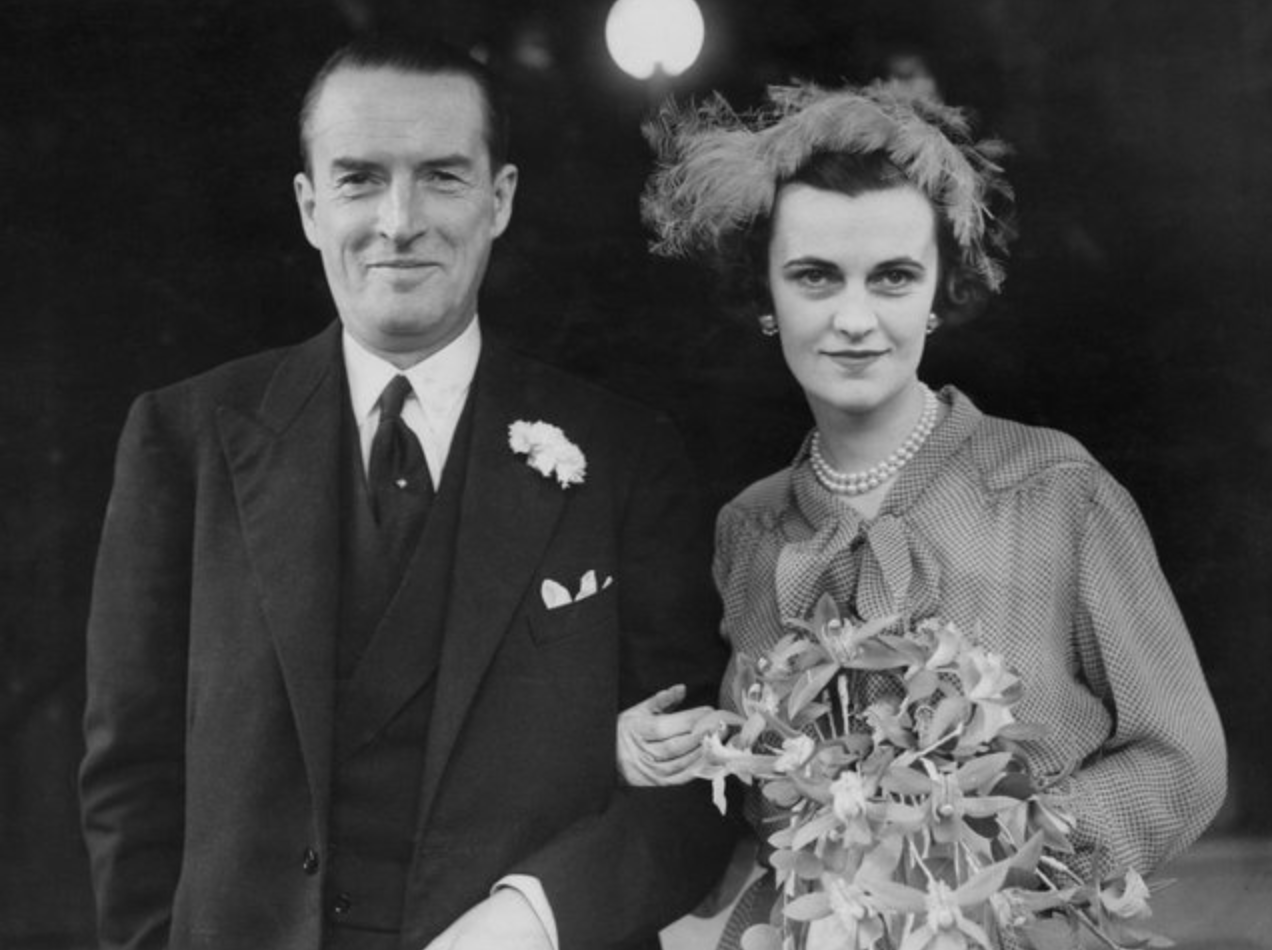Duchess of Argyll v Duke of Argyll and others [1967] Ch. 302
Viewers of the recent television drama series A Very British Scandal witnessed the very public divorce proceedings between the Duke and Duchess of Argyll 60 years ago. Yet the Duke and Duchess provided a different legal precedent: the first real privacy case in the British courts. After the divorce was granted, the Duke sold the marital story to the newspapers, and the Duchess sought an injunction to stop him and the newspapers from disclosing this information. Those who know anything about modern privacy law would instantly recognise this scenario as a classic battle between the right to private life and freedom of speech. However, at this time, there was no privacy law as such, and any actions for breach of confidence had been founded on a contractual duty of confidentiality.
The finding in this case was, therefore, fundamental to individual privacy rights. Were the intimate facts of their relationship capable of creating a duty of confidentiality, thus preventing the Duke from disclosing them, or selling them to the newspapers? Moreover, if there was such a duty, had the Duchess’s right of confidentiality been lost by her promiscuity, as found in the divorce proceedings?
The judge – Ungoed-Thomas J – held that a contract or obligation of confidence could be implied and that a breach of contract or trust or faith could arise independently of any right of property or contract. The judge then held that it was the policy of the law that communications between husband and wife should be protected against breaches of confidence. Thus, where the court recognised that such communications were confidential and that there was a danger of their publication, it would interfere. On the facts, publication of some of the passages complained of would be in breach of marital confidence.
In the judge’s view, marriage represented more than mere legal contract and relationship, and the law’s policy to preserve the close confidence and mutual trust between husband and wife was not extinguished by the subsequent adultery of one spouse, resulting in divorce. Turning to the previous publication of the plaintiff’s articles revealing certain details of the marriage, the judge held that such articles were not of the same order of treachery or disloyalty. Although a person coming to equity must come with clean hands, the cleanliness required is to be judged in relation to the relief sought. The judge then confirmed that an injunction might be granted to restrain the publication of confidential information, not only by the person who was a party to the confidence (The Duke) but by other persons into whose possession that information had come (for example the press).
Today, the Duchess would no doubt have a reasonable expectation of privacy in matters relating to her marriage and her private sexual conduct and affairs; an expectation not destroyed by her sexual promiscuity, however much the public may have disapproved of her conduct. The decision in Argyll not only paved the way for the protection of sexual conduct and secrets, but also employed a number of principles that are fundamental to the resolution of modern disputes in this area. Having said that, we were, and are now, free to read and watch all the lurid details because of the law’s inability at that time to protect privacy outside the law of confidentiality; e.g. discussions and revelations beyond those divulged to the Duke. Had the present law and remedies been available to the Duchess at that time, she would have sought injunctions against the press reporting the details before her husband attempted to sell the story and compensation had she not acted in time. Also, given the absence of social media, perhaps the details would not have come out.

Dr Steve Foster
Associate Professor of Law
You can find out more about Steve’s research through his Pure profile, which sets out his research interests, publications, and contact details. You can also find out more about Coventry University’s research through our dedicated research page

